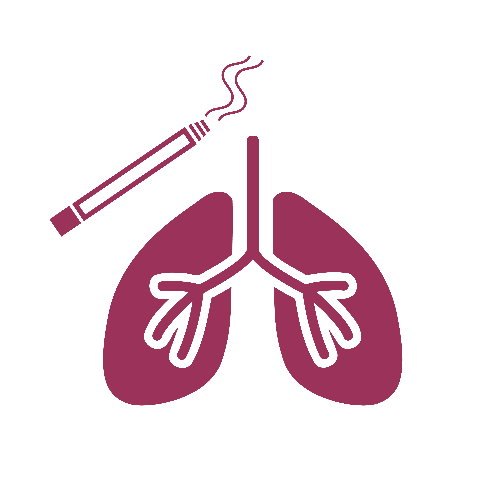The main objective of this World Health Organization (WHO) funded project was to identify the barriers and facilitators of physical activities to reach Global Action Plan on the prevention of NCDs in Bangladesh. The situation analysis also attempted to provide an overall view of the current scenario regarding the presence of physical activity as a standalone action area or as a part of other policies, frameworks or guidelines in the country.
The study was completed by following qualitative research methods. The qualitative data collection tools included desk reviews, key informant interviews (KII), group consultative meetings, and validation workshops. At first, KIIs were conducted to get the initial information and topics for further probing. A series of KIIs and several small group consultative meetings were conducted in the first phase of data collection. After that, a comprehensive examination of all the policies, strategic frameworks, action plans, reports, laws, and legislation pertinent to the promotion of physical activity in Bangladesh was carried out through the desk review method. After gathering and evaluating the relevant information, all the data were combined analysed and then synthesized.
The study found that physical activity as a means of promoting physical fitness, a healthy and fit lifestyle, and overall good health has not gotten the necessary importance in Bangladesh as it should have. While there is a lack of awareness among the people about its significance and usefulness, there is also a lack of national initiatives to remedy that. There is no policy or guideline in the country that specifically promotes physical activity. Though it has come up as part of various other policies and strategies, it did not receive enough emphasis in national plans and programmes.




